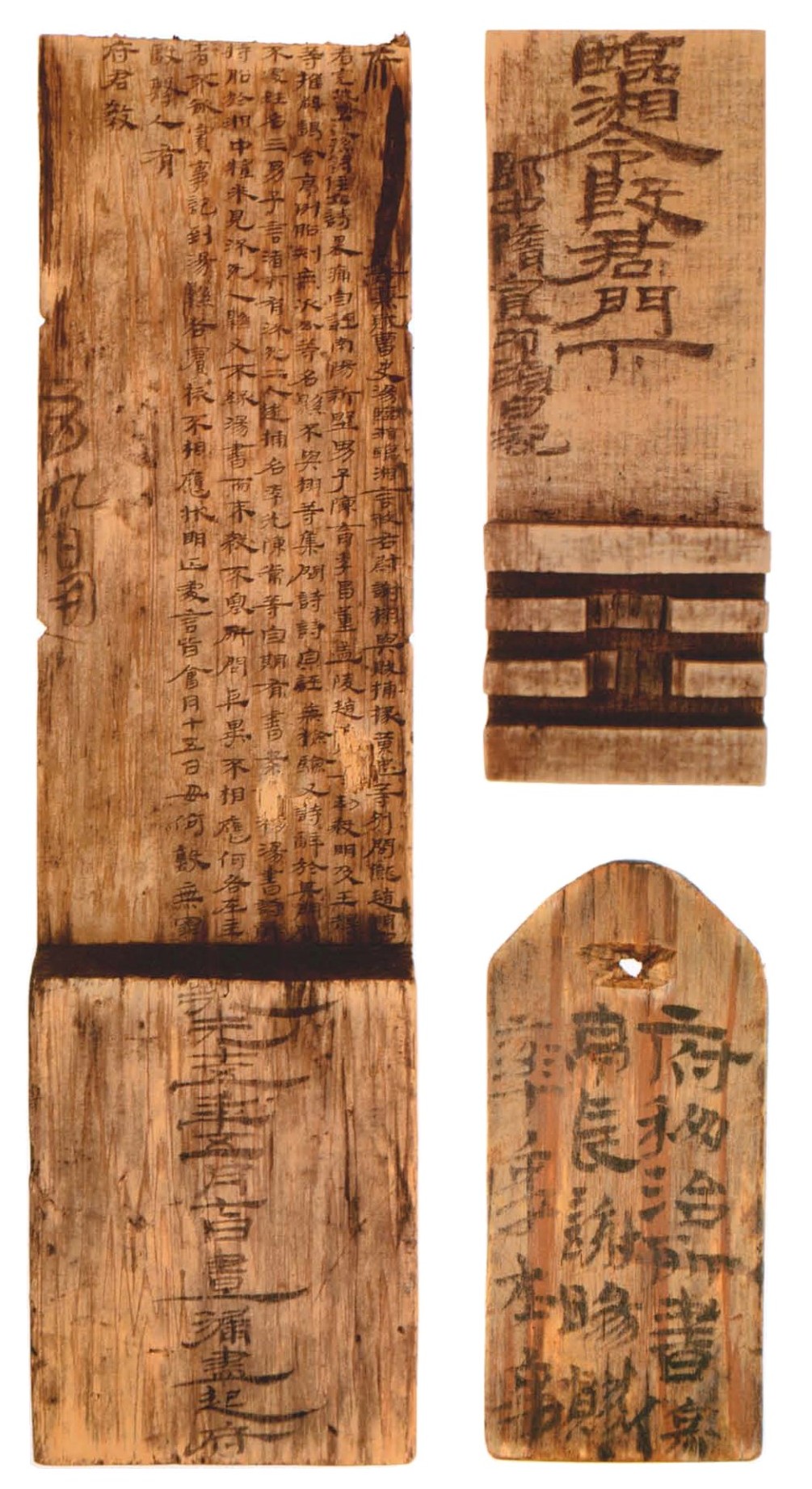Local Archives and Administrative Practices of Eastern Han China
Discarded Documents in Ancient Wells and Storage Pits
2023–2025
RFE15

The 20th century brought the discovery of invaluable new archaeological evidence in China that attests to a rich production of written communication in antiquity at different levels of the administration. Ironically, substantial bodies of bamboo and wooden documents owe their survival to the attempt to deliberately destroy them. This project comprehensively studies the manuscripts that were collectively disposed of by local archives in a southern administrative area of the Eastern Han empire from the 1st to 3rd centuries CE. These documents were discovered in several ancient wells and storage pits during urban construction works in downtown Changsha (Hunan Province). Presumably, they were deemed dispensable at a certain time; today, however, they provide valuable insights into various types of written documents produced by lower-ranking officials, as well as the administration of the local society on which there is little reliable information in historiographic sources.
The principal goal of this research is to reconstruct the archival and counter-archival practices of a hitherto understudied field in early imperial times. It explores the phenomena of their continuity and development from a diachronic and comparative viewpoint by examining the materiality of the manuscripts in terms of their nature, agency, and function. Specifically, this project focuses on the technical aspects of archival studies by addressing the following issues: how were documents shaped through their production, organisation, and transmission, and by whom? What types of documents were kept by which local institutions? To what extent were certain (un)important documents designated for long-term preservation, and what reasons guided these decisions except for pragmatic ones? The study is designed to sketch a larger picture of the historical evolution of contemporary archives and their relations to local administrations.
People
Project lead: Xiaomeng He
